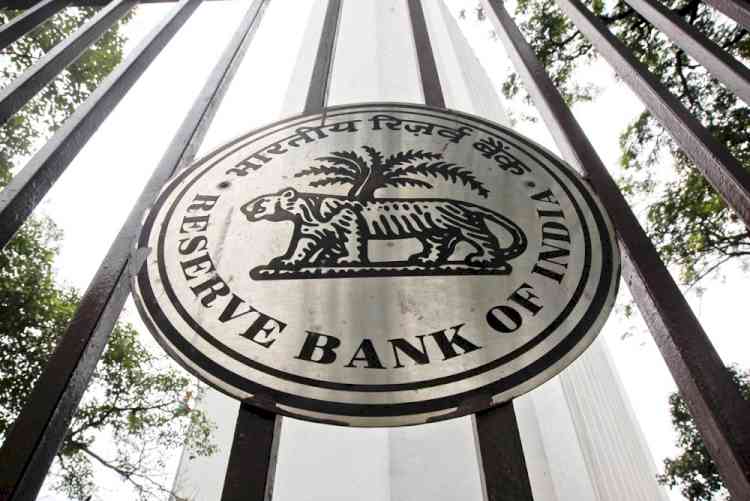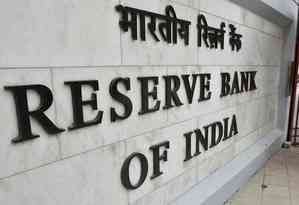RBI warns against frauds in guise of KYC update

Mumbai, Sep 13 (IANS) The Reserve Bank of India (RBI) has cautioned the public against falling prey to frauds in the name of KYC (know your customer) update and sharing key details such as debit and credit card details and OTPs.
In a statement on Monday, the RBI said that it has been receiving complaints and reports about customers falling prey to frauds being perpetrated in the name of KYC updation. The usual modus operandi in such cases include receipt of unsolicited communication, such as, calls, SMSs, emails among others from customers by urging them to share certain personal, account, or login details, card information, PIN and OTP or install some unauthorised or unverified application for KYC updation using a link provided in the communication.
Such communications are also reported to carry threats of account freeze or closure, it said. Once the customer shares information over call or message application, fraudsters get access to customer's account and defraud the person.
"Members of public are hereby cautioned not to share account login details, personal information, copies of KYC documents, card information, PIN, password, OTP, etc. with unidentified persons or agencies. Further, such details should not be shared through unverified/unauthorised websites or applications," it said.
In case people receive any such requests, they should get in touch with their bank.
The RBI also clarified that while the Regulated Entities (REs) are required to undertake periodic updation of KYC, the process of periodic updation of KYC has been simplified to a large extent vide circular dated May 10, 2021.
Further, through circular dated May 5, 2021, REs have been advised that in respect of customer accounts where periodic updation of KYC is due and pending as on date, no restrictions on operations of such account shall be imposed till December 31, 2021, for this reason alone, unless warranted under instructions of any regulator/enforcement agency/court of law among others.


 IANS
IANS 








